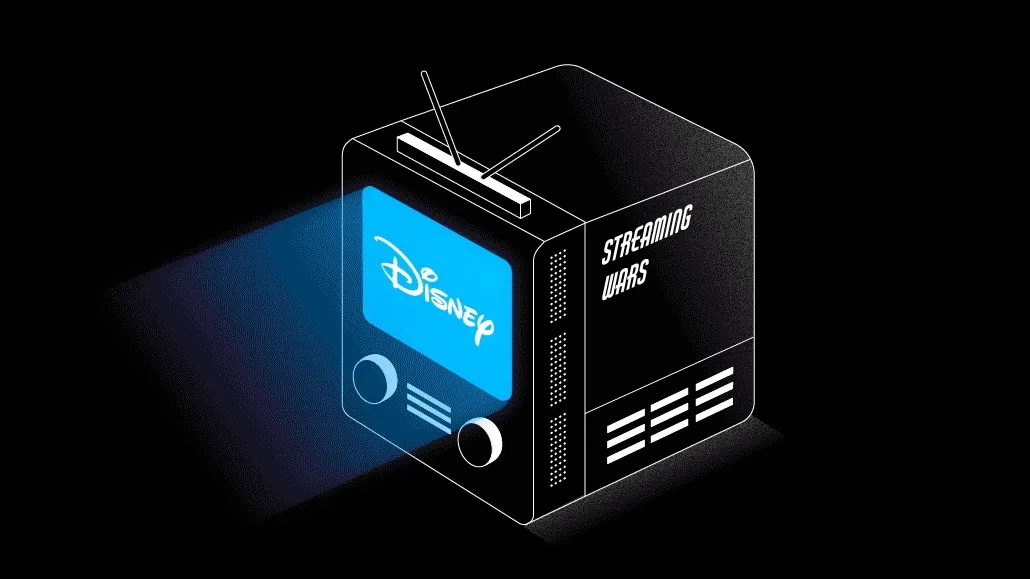
MCLEAN, Va. – A new analysis from Freddie Mac Multifamily’s research group examines the five major resources capturing rent payment information in the wake of the COVID-19 pandemic, including those created by the National Multifamily Housing Council (NMHC), The Household Pulse Survey, LeaseLock, Apartment List and National Association of Real Estate Investment Trusts (NAREIT).
The report shows that differing methodologies lead to differing results, but that overall rental payment performance has remained strong in the face of the economic downturn.
Freddie Mac also examined rental payment data for properties with loans in its securitized loan population.
According to Freddie Mac, on average, 93.6% of renters paid full or partial rent in May and 94.2% paid full or partial rent in June.
The finding most closely aligns with the NMHC Rental Payment Tracker, which reported 95.1% and 95.5% respectively.
“The surveys analyzed in this report provide valuable insight into the rental market during this unprecedented time and it is important to consider what each source captures and how that fits into the bigger picture,” said Steve Guggenmos, vice president of Multifamily Research and Modeling at Freddie Mac. “The data shows that rent payment has remained healthier than some market participants anticipated throughout the crisis because renters are prioritizing making their rent payments, even in financially stressed households.”
Freddie Mac Multifamily is the nation’s multifamily housing finance leader. Historically, more than 90% of the eligible rental units that Freddie Mac fund are affordable to families with low-to-moderate incomes earning up to 120% of area median income.
More than 90% of the mortgages purchased support rental units for households earning 120% of area median income or below.
Freddie Mac securitizes about 90% of the multifamily loans it purchases, thus transferring the majority of the expected credit risk from taxpayers to private investors.











